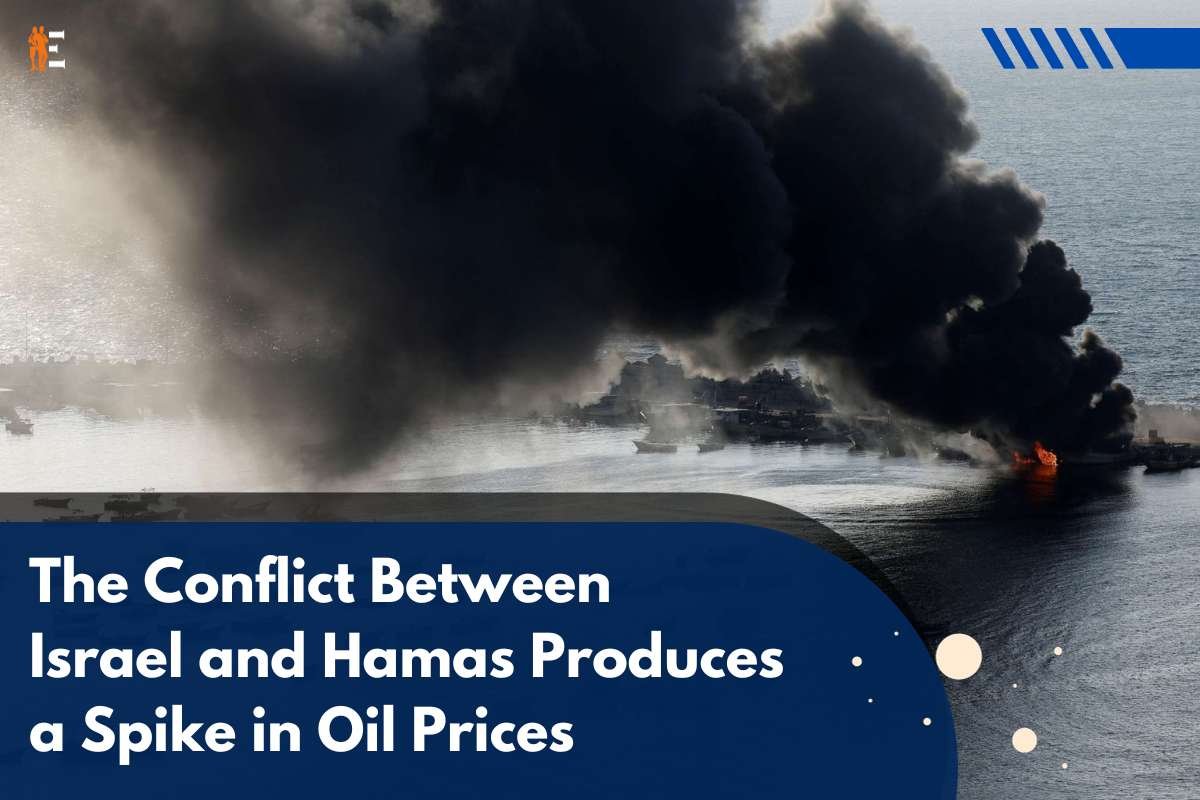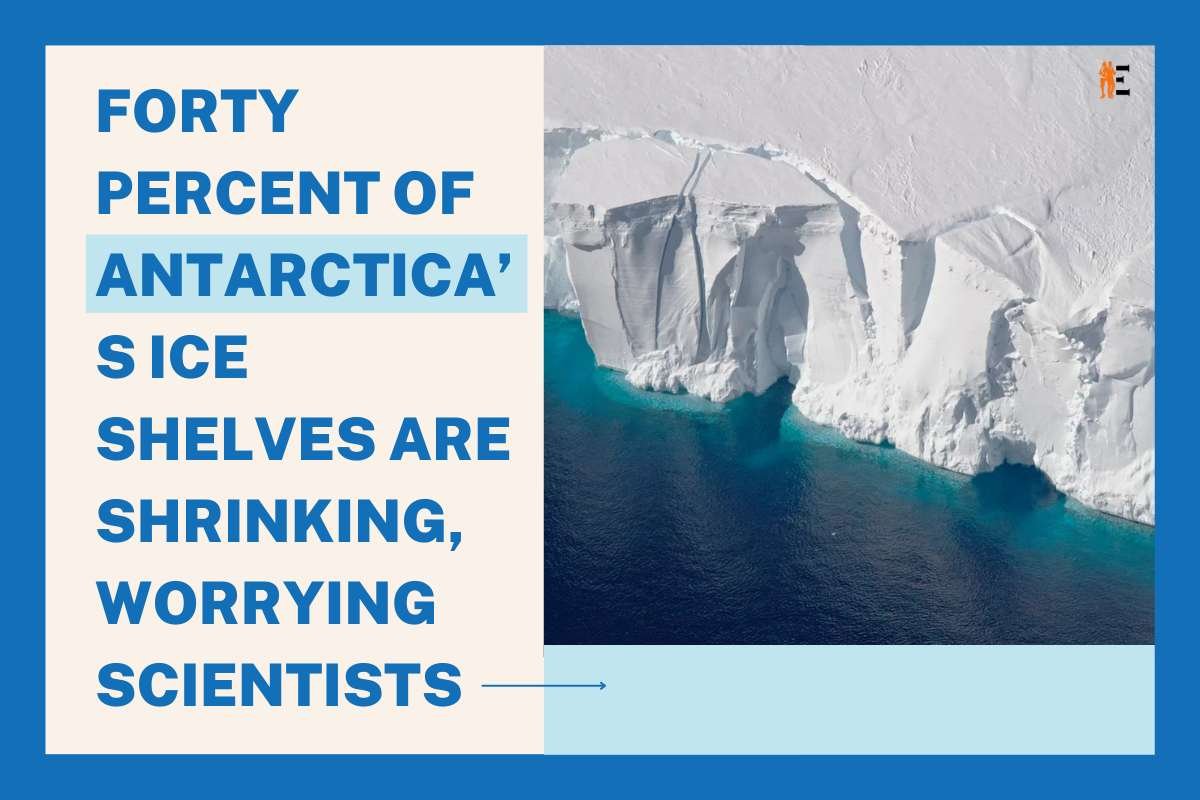Experts say that rising oil prices pose possible concerns to consumers.
Oil prices are up on fears that the Israel-Hamas conflict would engulf the wider petroleum-producing Gulf area and jeopardise world output. The global Brent oil benchmark surged about 5% in trading on Monday, erasing some of a recent significant fall that had thrilled many market observers and automobile drivers.
The price of crude oil has significant economic and consumer ramifications due to its direct impact on costs as an input into products ranging from gas to plastics. Furthermore, crude oil prices affect the cost of a far broader spectrum of goods because many items rely on oil for manufacture and transportation, according to ABC News’ economy and trade analysts. Still, the final impact of the Israel-Gaza battle on oil prices is unknown, because a major increase would necessitate the conflict spreading to the rest of the Middle East, they added.
“The market is reacting to fears of a worst-case scenario: that an Israeli conflict magnifies throughout the region and affects global oil trade,” Timothy Fitzgerald, a Texas Tech University professor of business economics who monitors the petroleum industry, told ABC News.
“How realistic is that fear?” Fitzgerald went on to say. “There is a great deal of uncertainty.” We’re not sure how this will work out.”
On Monday, the Brent crude benchmark price surpassed $90 per barrel, just days after hitting a recent low of around $84 per barrel. However, the price dipped marginally in early Tuesday trading, indicating that oil prices had at least temporarily stabilised. According to S&P Global Commodity Insights, neither Southern Israel nor the Gaza Strip are home to large oil and gas facilities.
Oil prices spike after Hamas attack on Israel | DW News
However, the Gulf region as a whole is crucial for the production and transportation of a major portion of the world’s oil output. A broad battle in the region could dramatically reduce global oil supply and send prices rising, according to the research group.
“Global energy markets are closely watching the fallout,” S&P Global Commodity Insights reported.
Much of the worry is focused on Iran, which sponsors the terrorist group Hamas, which recently carried out a surprise attack on Israel, killing at least 900 people and injuring 2,600 others. Iran has denied having any role in the attack. Both Israel and the United States have stated that there is no strong evidence of an Iranian role in the strike.
While sanctions have limited Iranian oil output in recent years, the country remains an oil producer and maintains control over tanker traffic through the Strait of Hormuz, a trading route that permits the movement of around 15% of world oil supplies, according to Fitzgerald.
“It’s a big choke point,” Fitzgerald said. “In the worst-case scenario, if you were to cut off all of the oil coming out of the Strait of Hormuz it would be a massive shock.”
An expansion of the conflict beyond Israel and the Gaza Strip would push crude oil prices higher but gas prices would not necessarily follow suit, Patrick de Haan, the head of petroleum analysis at GasBuddy, told ABC News. A seasonal shift from busy summer travel to relatively quiet fall months has cut demand for gasoline, de Haan said. In the event of a prolonged rise in oil prices, the drop off in demand for gasoline could help prevent prices at the pump from rising, de Haan said.
“While crude oil prices play a big role in what we pay at the pump, those seasonal factors disrupt what we pay for gasoline,” de Haan said.
A prolonged environment of elevated oil prices, though, would eventually push gas prices higher, de Haan added. “It would require something extraordinary,” he said. Beyond gasoline, a large swathe of products could see price increases if oil costs ripple through the production and transport of goods, leading companies to pass along those added expenses to consumers, Fitzgerald said.
Inflation has declined dramatically from its high last summer, but it remains more than a percentage point over typical levels. A rise in oil prices would hinder the Federal Reserve’s efforts to cut inflation while avoiding a recession, a scenario known as a “soft landing,” Fitzgerald added.
“This kind of shock makes a soft landing more difficult to achieve,” Fitzgerald told the audience. “It adds another layer of complexity.”











